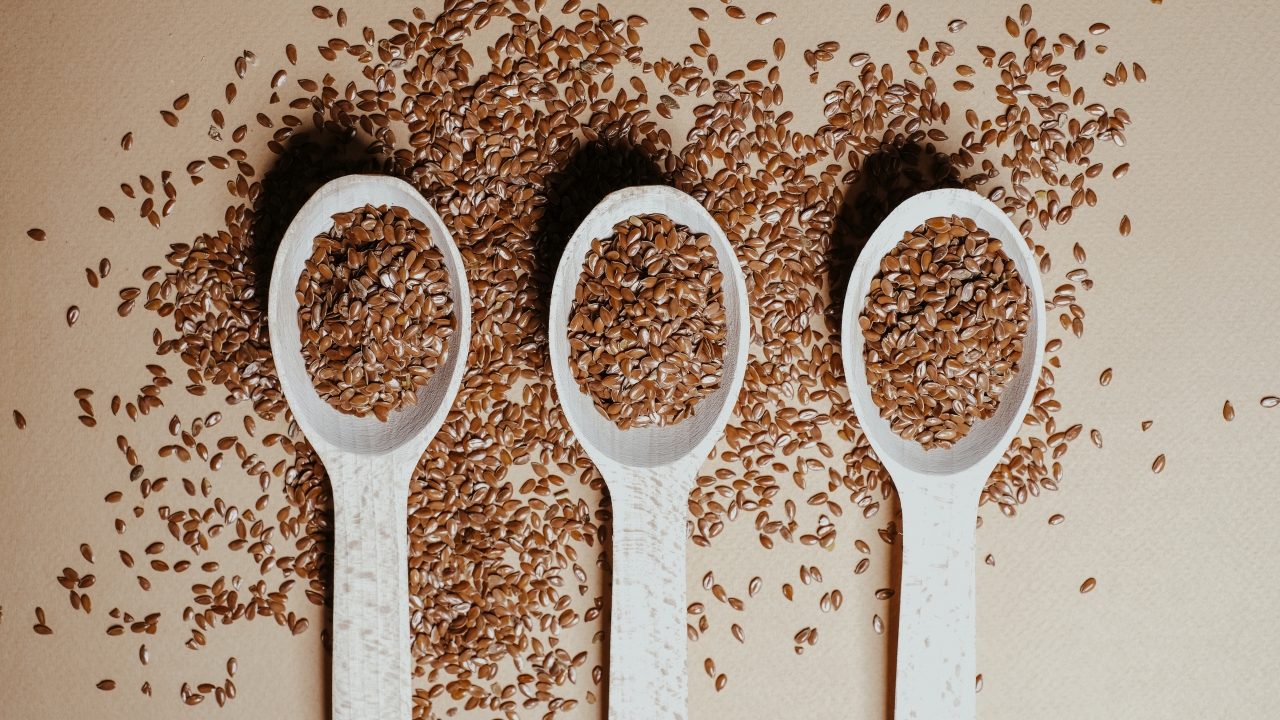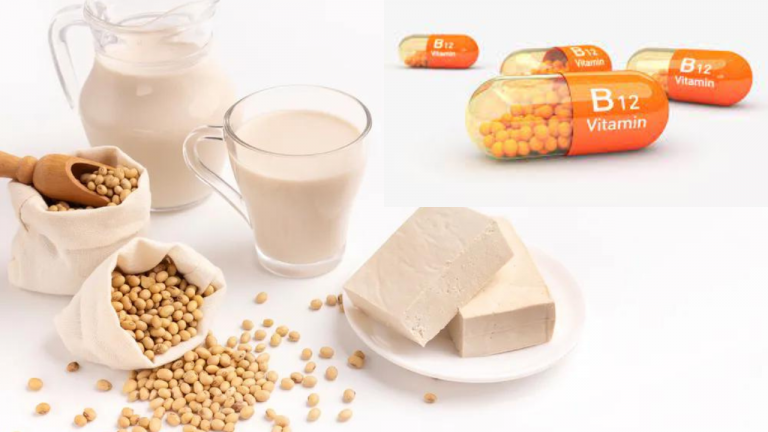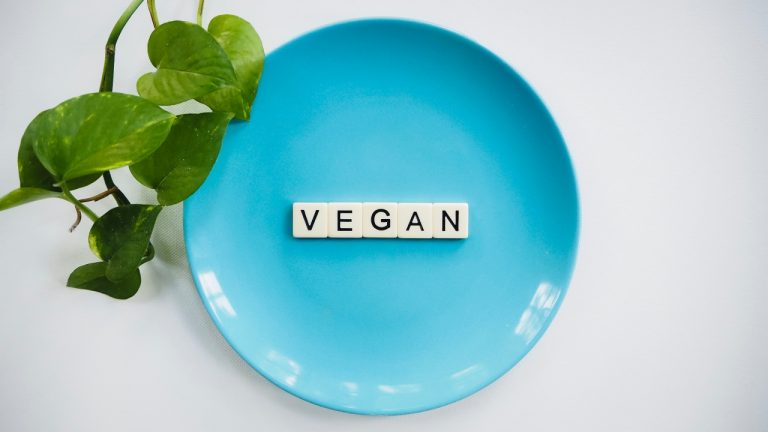What are the Potential Risks of Consuming Flaxseed on a Daily Basis?

Flaxseed is considered safe for most people when consumed in moderation as part of a healthy and balanced diet. However, consuming flaxseed on a daily basis may have some potential risks or considerations that you should be aware of, including:
Digestive issues: Flaxseed contains high levels of dietary fiber, which can cause digestive discomfort, bloating, gas, and diarrhea in some individuals, especially when consumed in excess. It is important to start with a small amount of flaxseed and gradually increase the intake to allow your body to adjust to the added fiber.
Interference with nutrient absorption: Flaxseed contains phytic acid, which is a compound that can bind to certain minerals like calcium, iron, and zinc, and may inhibit their absorption. This can potentially lead to nutrient deficiencies in individuals who rely heavily on flaxseed as a dietary source of these minerals. However, soaking or grinding flaxseed before consumption can help reduce the phytic acid content and improve nutrient absorption.
Hormonal effects: Flaxseed contains lignans, which are natural compounds that have estrogen-like properties. In some cases, consuming large amounts of flaxseed may affect hormone levels in the body, particularly in postmenopausal women or individuals with hormonal imbalances. It is important to consult with a healthcare provider, especially if you have a history of hormonal-related conditions, before consuming flaxseed in large quantities.
Allergies: Some individuals may be allergic to flaxseed, and consuming it can cause allergic reactions such as skin rash, itching, swelling, or difficulty breathing. If you have a known allergy to flaxseed or any other seeds, nuts, or related foods, it is important to avoid consuming flaxseed or products that contain flaxseed.
Medication interactions: Flaxseed may interact with certain medications, including blood-thinning medications, hormonal medications, and others. Flaxseed can have blood-thinning effects and may interact with medications that have similar effects, increasing the risk of bleeding. If you are taking any medications, it is important to consult with your healthcare provider before adding flaxseed to your diet to avoid potential interactions.
Contamination: Flaxseed, like other seeds and nuts, can be susceptible to contamination with bacteria, mold, or other harmful substances during cultivation, harvesting, processing, or storage. It is important to choose high-quality, properly stored flaxseed from reputable sources to minimize the risk of contamination.
It is always recommended to consult with a healthcare provider or a registered dietitian before making significant changes to your diet, including adding flaxseed on a daily basis, especially if you have any underlying health conditions, allergies, or concerns about potential risks. They can provide personalized recommendations based on your individual health needs and circumstances.



